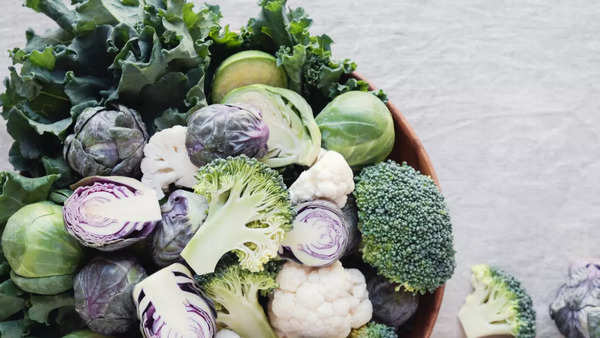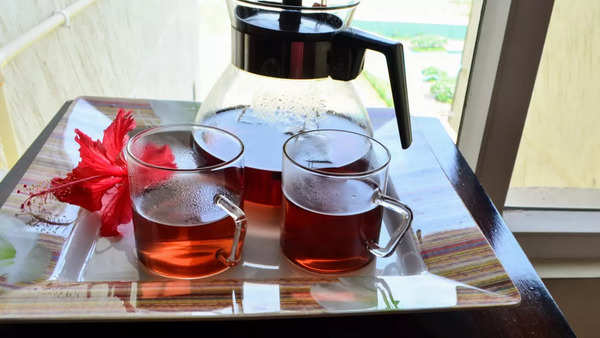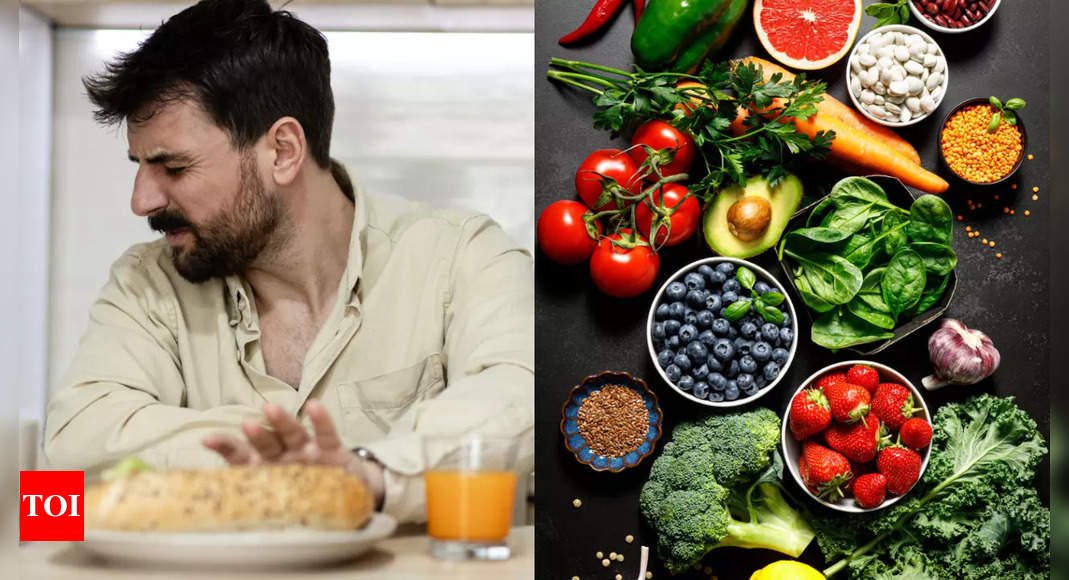8 foods you must eat after a heavy meal
Inclusion of high fibre vegetables
PRO TIP: Elimination of night shade vegetables like brinjal, pepper, tomatoes, and elimination of cruciferous vegetables like – broccoli, cauliflower, cabbage etc like, dudhi (bottle gourd)
green leafy vegetables like methi, palak, ash gourd deposited in your intestine which in turn causes the pain and bloating.
Also Read: 8 food combinations that can trigger bloating

Fiber helps food pass through your digestive tract at the proper pace as bowels play a role in the bloating
Two types of Fiber work to keep things on schedule:
Soluble Fiber: It forms a gummy gel in your digestive tract, which slows down food moving through your system. This helps add bulk to poop to make it a little more solid.
Insoluble Fiber: Thisholds onto water to make stool softer and easier to pass bowel movements help in the bloating of the stomach making it a prime importance for gut motility, fiber load in the poop, and to inhibit any gut problems like bloating, gas, cramps etc.
PROTIP: it is always safest to cook your vegetables in low medium heat along with some cold pressed oils to help it suit your digestion better and to avoid raw vegetables, raw vegetable juices / non strained juices due to higher ability to ferment in your intestines causing bloating and gas in the stomach.
Also Read: This is why you feel bloated after meals and ways to treat it
Fruits: Fruits like papaya, banana can help with the bloating as due to lesser fructose content and added magnesium and anti- oxidants such as berries, apples etc which play a role by providing Fiber as well as providing nutrients in the body.
Herbal teas: Herbal teas such as chamomile, ginger, turmeric releases Flavonoids, such compounds aid in digestion by facilitating water retention and also facilitating the digestive muscles easing inflammation in the stomach.

Addition of spices: The use of spices like ginger, turmeric, and fennel can really help in bloating to an extent as they ease in the inflammation in the gut and aid in the digestive process which in turn helps with bloating if consumed in the right aspect.
Jeera tea/ water( boiled in 50 ml water ) and consumed post meals aids in the digestion after 30 mins.
Fennel tea/ ginger tea is best advised when heated along with 50 ml water and had 30 mins prior to meals helps activate the digestive enzymes and may suppress bloating- like symptoms.
Grains and millets: Millets like- ragi, foxtail millet, proso, kodo millet can also help with bloating. Generally smaller grains are advised as these grains have a lower fodmap content, that means it is less likely to be converted to fermentable sugars which in turn produces gases like methane in the intestine which causes the bloating in the stomach.
Legumes and rice can cause bloating as Legumes contain complex sugars called oligosaccharides. These sugars are difficult for our bodies to break down on their own the fermentation of these sugars by gut bacteria can also create gas and bloating. Legumes, contain anti – nutrients called as like phytates and lectins designed to protect the plant but may not work for the digestive system.
The foods that should be primarily avoided:
FODMAP foods: FODMAP stands for Fermentable Oligosaccharides, Disaccharides, Monosaccharides and Polyols. These are short-chain carbohydrates that are poorly absorbed in the small intestine and fermented in the colon by gut bacteria. For some people, especially those with irritable bowel syndrome (IBS), this fermentation process can cause digestive issues like bloating, gas, diarrhoea, and stomach pain.
Highly processed foods: Foods like highly carbonated sodas, highly processed snacks, chips etc triggers bloating as it is not easily digested and causes a trigger in the stomach.
Artificial sweeteners: Sugar alcohols like sorbitol and mannitol (found in sugar-free candies and sweeteners) and are mainly found in many packaged and processed foods can be difficult to digest and trigger bloating.
Intolerant foods: Foods like dairy and gluten if it does not work for you shall be avoided as they trigger an inflammatory response in the gut due to malabsorption of the food hence it is best advised to eat what suits you and to listen to your body’s reactions.
PRO TIPS:
1. Elimination of cruciferous vegetables, and night shade vegetables is highly advised.
2. Eating your meals right on time and avoiding late night munching helps in digestion and can help in bloating.
3. Hydrating yourself with lots of water in the right adequate amount is highly advised.
4. Mental health relaxation such as deep breathing before eating your meals, mindful eating and practicing mindfulness throughout activates the parasympathetic system which is crucial for good gut health
5. Following your meals along with your circadian rhythms plays a huge role in digestion system and bloating.
Contributed by: Janvi Chitalia, an integrative gut microbiome health coach and functional medicine nutritionist
Thumb and Embed Images Courtesy: istock
Source link
Modified by Maaaty at Cheap Generic Pharmacy

